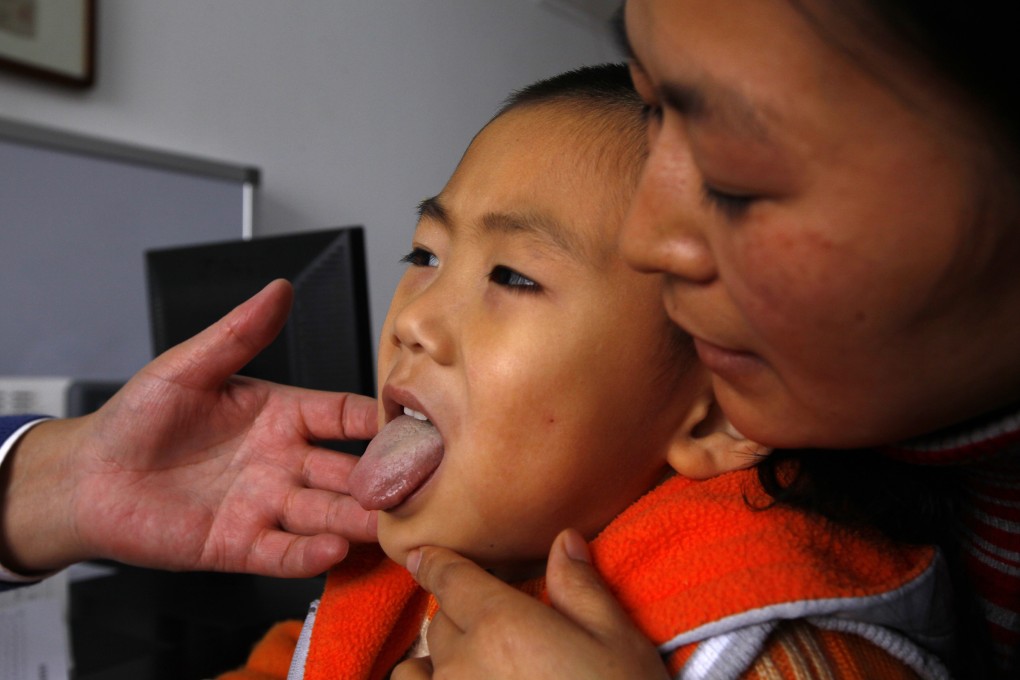Alibaba’s healthcare subsidiary aims to expand e-commerce operations despite losses

Alibaba Health Information Technology (Ali Health), which posted a wider net loss in its fiscal year ended March 31, is looking to ratchet up its business expansion after e-commerce giant Alibaba Group increases its shareholding in the Hong Kong-listed company.
That would increase Alibaba's equity interest in Ali Health to 54.6 per cent from the current 38 per cent, assuming full conversion of the convertible bonds upon maturity.
The deal is expected to be completed in the third quarter of 2015, subject to customary closing conditions.
In a regulatory filing on Thursday, Ali Health chief executive Wang Lei said the acquisition of the online pharmacy business would enable the company to expand into pharmaceutical and healthcare e-commerce activities.